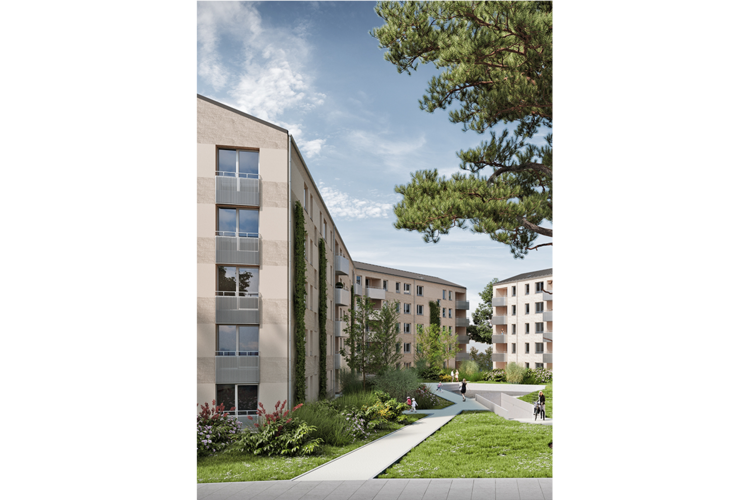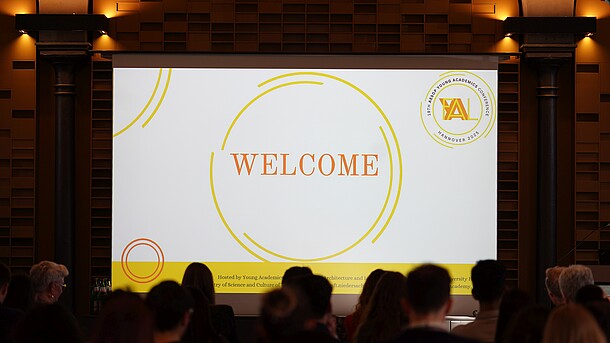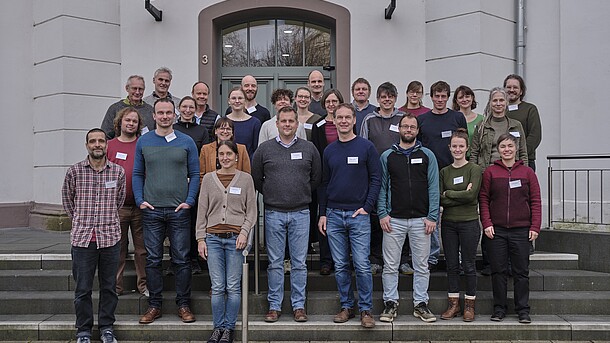ResourceMannheim - "Integrated planning of a qualitatively and quantitatively sustainable rain and gray water management using the example of the new city district 'Aubuckel' in Mannheim"

| Led by: | LUH projekt part: Prof. Dr. Jochen Hack |
| Year: | 2023 |
| Funding: | Deutsche Bundesstiftung Umwelt (DBU); Amount of funding: 125.000 € |
| Duration: | 09.12.2021 – 08.12.2023 |
| Remarks: | Cooperation partners: Technische Universität Darmstadt, Fachgebiet Entwerfen und Stadtentwicklung; GBG - Mannheimer Wohnungsbaugesellschaft mbH, Mannheim; Gräf Architekten, Kaiserslautern |
Abstract
Following the idea of water-sensitive urban design, a residential complex is to be realized at in Mannheim-Aubuckel, in which every drop of water is regarded as a valuable resource and the different material flows can thus be designed more effectively. The project is based on the natural water cycles and attempts to replicate them as efficiently as possible through maximum local retention of rainwater and reuse of gray water.
Resource:Mannheim is examining the technical, economic and legal possibilities of innovative water reuse for 74 residential units, which, in addition to water recovery (module I: water technology), also includes the interfaces to an open space design adapted to the concept (module II: open space) for local flood protection or flood protection. of the higher-level city technology (module III: sponge city/city technology). In addition, the role that networked control of the individual elements can play in the context of digitization (module IV: software control) will be examined, and questions about energy aspects will be discussed at the theoretical level as part of accompanying research (module V: energy).
The building blocks form an ensemble that complements and supports each other in order to make a significant contribution to reducing water and energy requirements. At the same time, the water-oriented open space design increases the quality of life and stay for the residents, even beyond the boundaries of the quarter.








